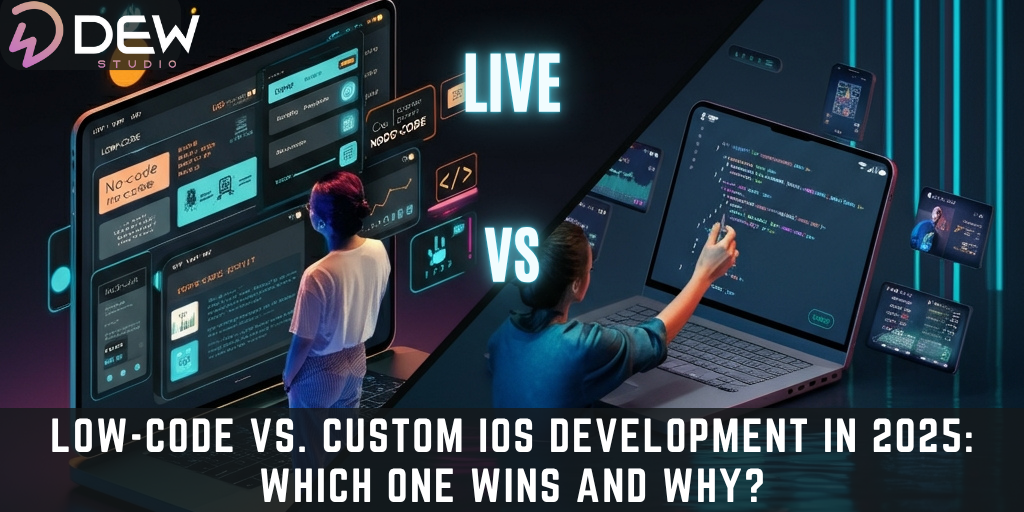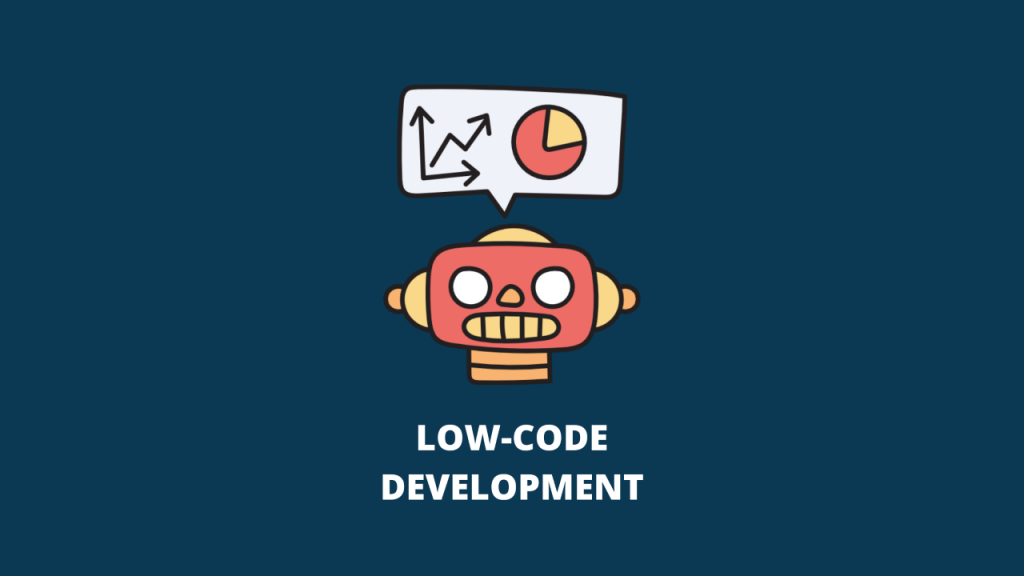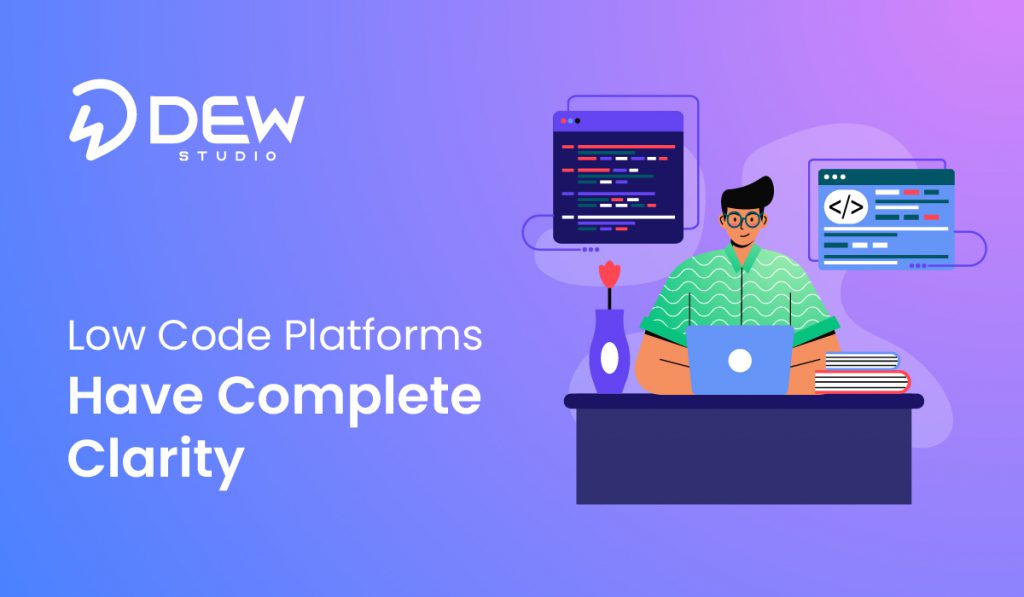If you’re planning to build an iOS app in 2025, there’s a big decision you’ll have to make right out of the gate: low-code vs custom iOS development. It’s a question every startup, enterprise, and solo founder is asking right now.
Should you go with the speed and simplicity of a low-code iOS platform, or take the tailored route with custom iOS development using Swift or another programming stack?
Let’s break it down!
The Low-Code Wave Is Real – But Is It for You?
There’s no denying it: low-code app development for iOS has exploded in popularity. In 2025, platforms like OutSystems, Mendix, and even Apple’s own simplified tools are making it easier than ever to spin up functional, good-looking apps without writing endless lines of code.
For startups looking for iOS app development, low-code is tempting. It’s fast, affordable, and you can often get an MVP off the ground in a matter of days. Low-code iOS platform benefits include:
- Drag-and-drop UI builders
- Pre-built integrations
- Minimal coding required
- Faster time-to-market
In fact, for internal business tools or simple consumer apps, low-code might be all you need.
But that’s only one side of the story.
Custom iOS Development in 2025: Why It Still Matters?
Despite the rise of low-code platforms, custom iOS development in 2025 is far from dead. In fact, it’s evolving rapidly, thanks to iOS app development trends in 2025, including advanced ARKit capabilities, AI integrations, on-device machine learning, and tighter Swift performance optimizations.
Custom-built apps let you:
- Design pixel-perfect UI/UX
- Integrate unique backend logic
- Scale without platform limitations
- Optimize performance natively
If your app involves gaming, real-time collaboration, or complex user flows, custom iOS development gives you full control over every line of code.
Think about it: would Instagram, Uber, or TikTok be where they are if they were built on a drag-and-drop platform? Probably not.
iOS App Development for Startups: Which Path to Pick?
So let’s say you’re a startup founder. Budget is tight, but vision is big.
Here’s a way to think about it:
- Go low-code if you’re validating an idea, building an internal tool, or launching a basic MVP.
- Go custom if you’re building your core product, care about user experience, or plan to scale aggressively.
Many iOS app development for startups stories follow this hybrid path. They start with low-code to test the waters and switch to custom development once they get traction.
That way, you get the best of both worlds.
Swift vs. Low Code for iOS – A Developer’s Perspective
We can’t talk about custom iOS apps vs low-code platforms without touching on Swift. Apple’s own programming language is the backbone of most custom iOS development in 2025, and it keeps getting better with each iOS release.
Compared to low-code tools, Swift offers:
- Full access to Apple APIs
- Clean, modern syntax
- Robust performance
- Flexibility in integrating AI, ML, AR
But here’s the catch: Swift takes time. There’s a learning curve. You’ll likely need an experienced iOS developer or a dev team to build and maintain the app.
That’s the trade-off: speed and simplicity vs flexibility and power.
Want to know how mobile app optimization can help your business? Click Here!
iOS App Development Trends 2025: What’s Driving the Choice?
If you’re keeping up with iOS app development trends in 2025, you’ll notice a few patterns:
- AI-powered features are now standard — voice assistants, smart suggestions, and chatbots need custom logic.
- App Store guidelines are stricter — cookie-cutter apps often face rejections.
- Privacy and security requirements demand robust architecture.
These trends often prompt companies to opt for custom iOS development, particularly when the app must meet high user expectations or comply with industry regulations.
However, some low-code iOS platforms are catching up, offering plug-ins and compliance support, but they still lag in performance-intensive scenarios.
Low Code vs Custom iOS Development — Who Wins?
The answer isn’t one-size-fits-all.
In the battle of low code vs custom iOS development, the winner depends on your goals, budget, timeline, and technical needs.
Here’s a quick cheat sheet:
| Scenario | Best Fit |
| MVP, internal tools, basic apps | Low-code app development for iOS |
| Scalable product, custom logic, unique UX | Custom iOS development 2025 |
| Startups testing market fit | Start low-code, migrate to custom |
| High-performance needs (e.g., AR, gaming) | Swift-based custom iOS apps |
So, whether you’re comparing Swift vs. low-code for iOS or debating custom iOS apps vs. low-code platforms, the right approach is to be strategic, not just trendy.
Conclusion
2025 is all about smart decisions. Low-code iOS platform benefits are real, but so is the value of going custom when it counts. Whether you’re bootstrapping a startup or scaling a unicorn, understanding the pros and cons of low-code vs custom iOS development will help you build faster, better, and brighter.
Just remember: it’s not about which option is better overall — it’s about which one is better for you right now.
Need expert help deciding the right path for your iOS app? Let’s talk. Whether it’s rapid prototyping or full-scale custom iOS development, DewStudio is here to guide you through.



